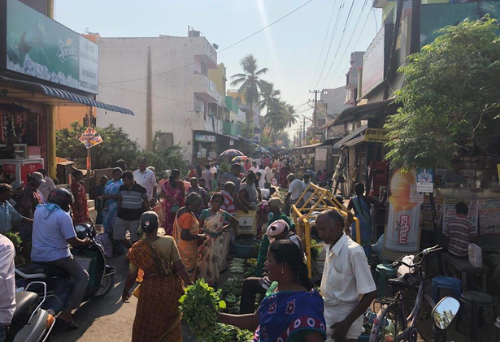When bulldozers loom
Informal property rights and innovation in marketing practices among emerging-market micro-entrepreneurs Micro-entrepreneurs constitute the most common type of business in the world and marketing is the primary means by which they earn their livelihoods. In emerging markets there are a significant number of micro-entrepreneurs and many live precarious lives, characterised by poverty and potentially devastating…










